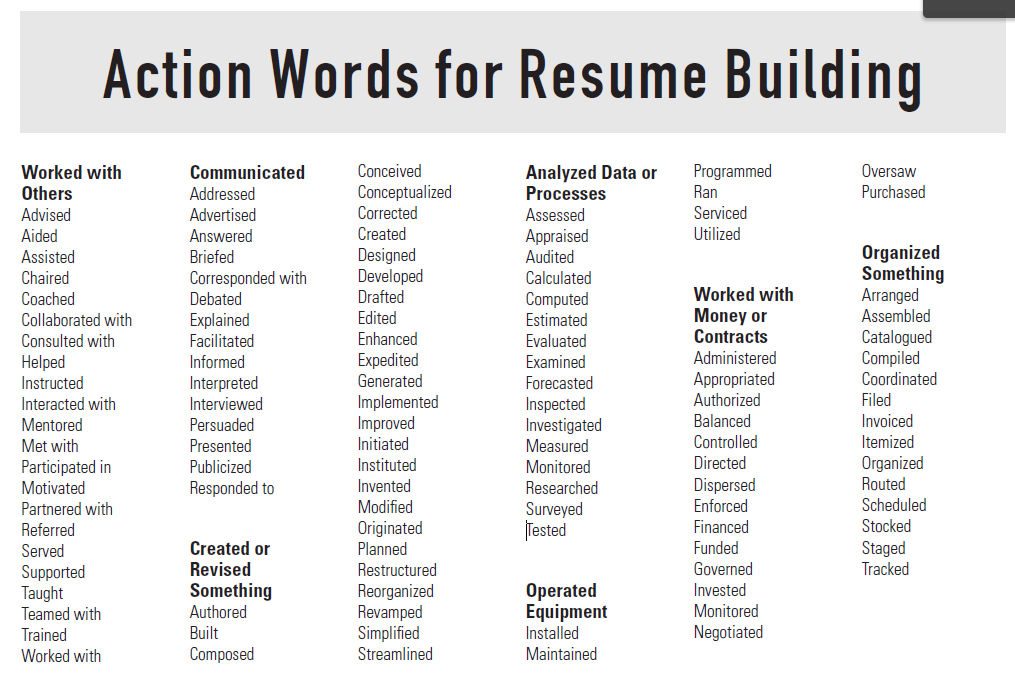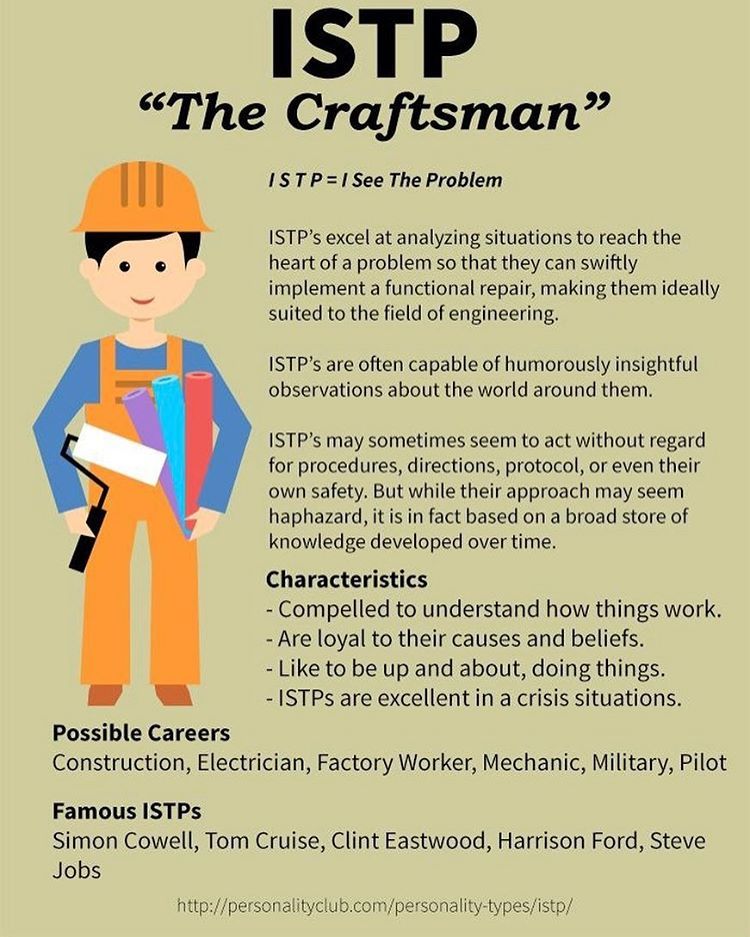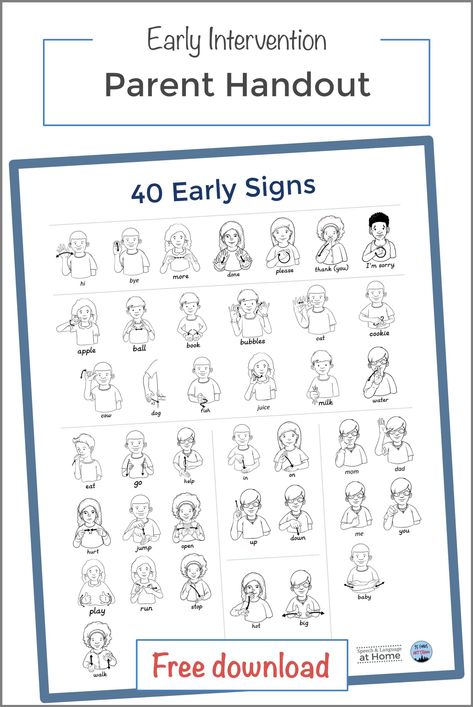Self care during stressful times
How to take care of yourself during stressful times
If you are feeling overwhelmed or stressed by it all, this is normal. Here are tips to try.
Here are some tips to take care of yourself, learn to navigate through tough times at home while you spend more time with family, and become problem solvers to overcome the challenges, big and small, that we all face in our lives.
Taking care of yourself
Taking care of your relationships
Tackling your problems
Talking to your teen
Taking care of yourself
Aizat Noma
TIP 1: DO THINGS THAT ARE GOOD FOR YOUR BODY AND MIND
Your body and mind are connected. Here are some things you can do to keep them healthy, whether you’re stuck at home, heading back to school or work, or just generally being cautious:
- Stay active! Being physically active is good for your body and can help your mind feel better. If you can go outside, try a walk, run, bike ride, or another sport. If indoors, try dancing, stretching, or any other movement you can do. Find what works for you – and do it!
- Eat well! Try to make healthy choices about what you eat if you can.
- Take notice of yourself and the world around you. This means becoming more aware of your breathing, your body and your surroundings. Try to BE PRESENT in the moment!
- Sleep! Try to get the right balance of sleep each night. This will help you grow well, stay healthy, and keep clear thoughts. This can mean not oversleeping, which can cause you to feel groggy and slow, as well as sleeping enough to ensure that you have energy and focus during the day.
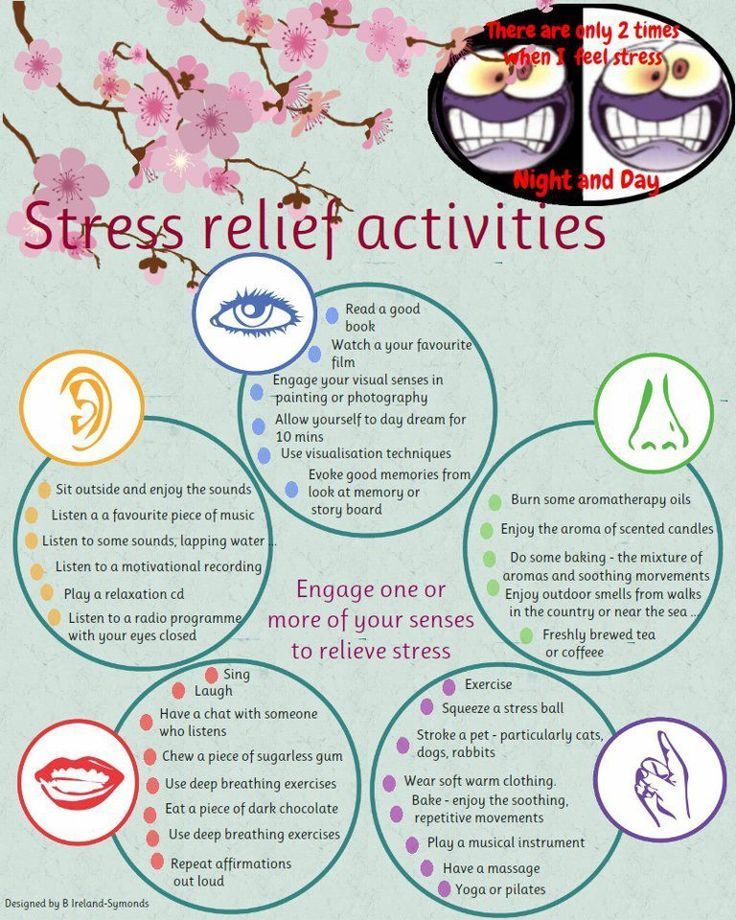
- Find things that make you happy and do those things more! Singing, listening to music, reading, playing games, chatting with friends, growing plants, cooking, playing football, drawing... there are many possibilities! Perhaps even try something new!
Aizat Noma
TIP 2: STAY CONNECTED TO LOVED ONES
Keep in touch with your family and friends however you can. Use social media, email, phone calls, write a letter! Be creative. And if you cannot connect, then think about a memory of a shared time together, or something that you appreciate about that person.
TIP 3: RECOGNISE HOW YOU ARE FEELING
Understanding how you feel is important. Do not ignore your feelings! Sometimes writing your feelings can help. Try this “I feel ....... right now”.
TIP 4: BE KIND TO YOURSELF
It is okay to feel however it is that you’re feeling. Putting pressure on yourself to always ‘be happy’ or ‘stay positive’ or ‘stay productive’ can sometimes make you feel worse.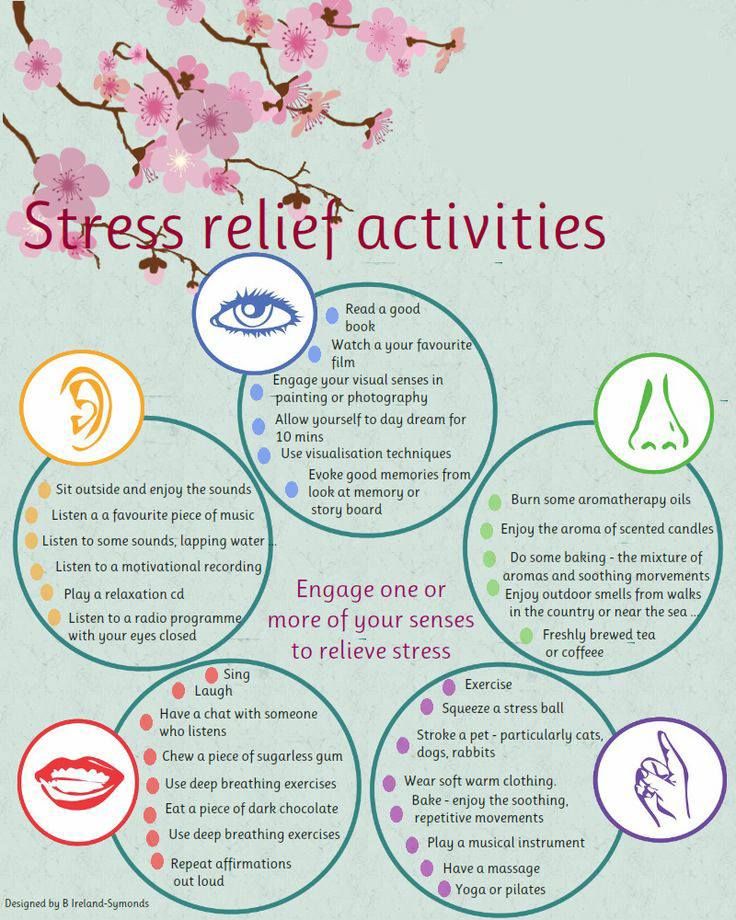 Instead, if you notice you are experiencing difficult emotions, try telling yourself: “I feel worried and scared, but that does not mean I am not coping.” “It’s been a tough time, it’s okay to be upset.” “I am feeling [insert how you are feeling] and that is okay.” “These are difficult times, it’s normal to feel upset.”
Instead, if you notice you are experiencing difficult emotions, try telling yourself: “I feel worried and scared, but that does not mean I am not coping.” “It’s been a tough time, it’s okay to be upset.” “I am feeling [insert how you are feeling] and that is okay.” “These are difficult times, it’s normal to feel upset.”
Or think of something to tell yourself that works for you.
Aizat Noma
TIP 5: LISTEN TO YOUR BODY
Our body experiences and reacts to how we feel. Do you often get headaches? Do your shoulders, chest, or stomach sometimes feel tense? Try closing your eyes, and listening to your own breathing. Notice how you feel in each part of your body, starting from your head down to your toes. Notice if you are feeling any tightness, pain, or pressure in your body. Simply being aware of where you are feeling tension can help release it.
TIP 6: TRY BREATHING TO CALM YOURSELF DOWN
Slow breathing is one of the quickest ways of calming down the body when we experience feelings such as fear, worry or anger.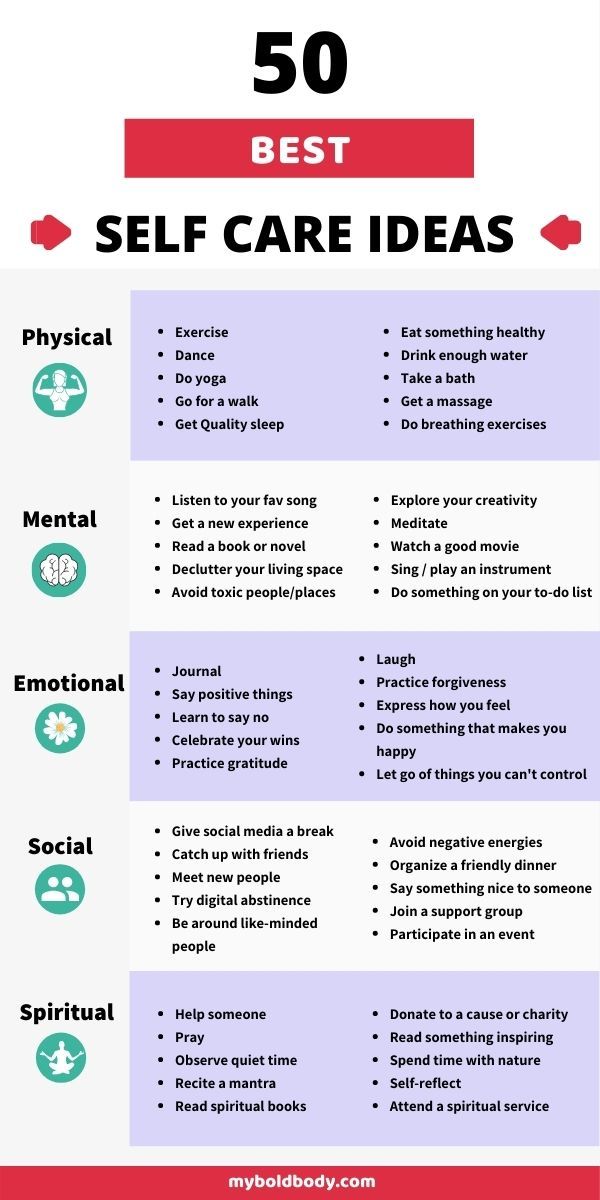 Close your eyes and think of a calm place. Imagine yourself there, feeling relaxed.
Close your eyes and think of a calm place. Imagine yourself there, feeling relaxed.
- Focus on breathing slowly.
- Breathe in for a slow count of 3 and out for a slow count of 3.
- Practice this for a few minutes.
How do you feel after?
Aizat Noma
TIP 7: AVOID UNHEALTHY WAYS OF COPING WITH STRESS
When you are experiencing difficult feelings, it is important to find healthy ways to take care of yourself.
It may not be easy, but it is often about balance: Try to engage in healthy tips we have mentioned here and avoid becoming easily angered, eating less or more than usual, eating more unhealthy foods, not sleeping enough or sleeping too much, cutting off contact with family and friends, and/or turning to substances like drugs, alcohol, and tobacco.
Aizat Noma
TIP 8: TALK TO SOMEONE YOU TRUST
It is not always easy to manage stress, worry, or sadness, and it is important to lean on others for support.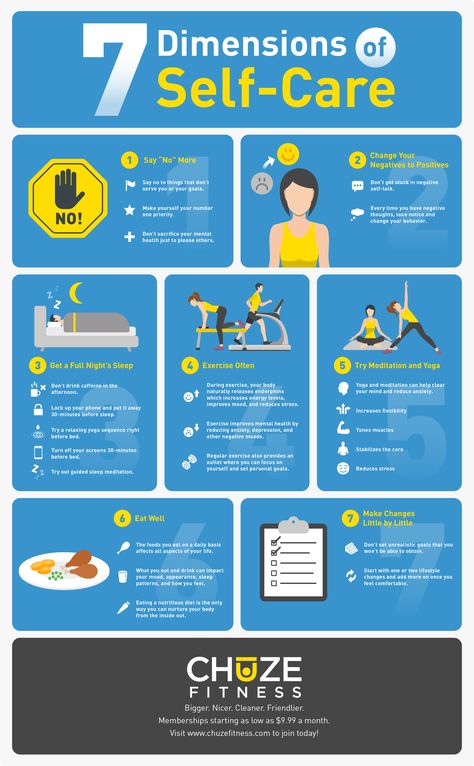 Connect with a friend, a parent, a teacher, or a trusted adult about how you are feeling, and they may be able to help you. Sometimes just by connecting with someone else, you might feel better.
Connect with a friend, a parent, a teacher, or a trusted adult about how you are feeling, and they may be able to help you. Sometimes just by connecting with someone else, you might feel better.
If things are so overwhelming that you have thoughts about harming yourself, reach out to a professional helper.
Sometimes we may feel very overwhelmed or hopeless and have thoughts about hurting ourselves, or thinking that life is not worth living anymore, or wishing that you would fall asleep and not wake up. These thoughts are not uncommon and you should not feel ashamed if you are experiencing these. Remember: if you feel this way, it is essential to talk to someone you trust or a professional helper who can help to keep you safe. This can include asking this person to help you access support at local services (health, social, community).
TIP 9: LOOK FOR THE GOOD
Although not every day is good, there is something good that can be found in every day. Think of something - even a small thing- you are thankful for before sleeping each night.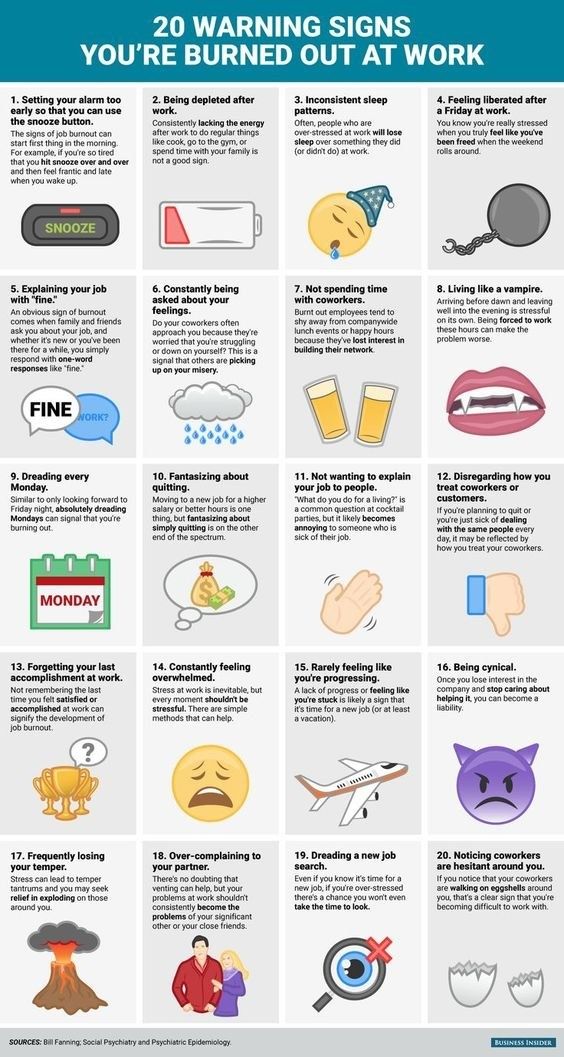
Taking care of your relationships
Aizat Noma
TIP 1: 5-MINUTE CHATS
Keeping communication open - even just a five-minute chat with the people you live with can help your relationship. Mealtimes are a great time to connect! It helps to start a conversation with a kind tone and a smile.
Aizat Noma
TIP 2: KNOW YOUR OWN FEELINGS
Be aware of what makes you angry, or frustrated, or sad, or withdrawn. There is nothing wrong with any of these feelings. What counts is how you handle it. Try to think about what triggers these feelings. For example, my mother always criticizes me, my roommates are making a mess, my things aren’t working, my parents are always fighting.
TIP 3: RESPOND NOT REACT
In a conflict, it can be easy to react impulsively. Here are some constructive ways to respond instead: Walk away or disconnect, waiting to talk until you feel calm. Take a few slow breaths and focus on the things around you in that moment.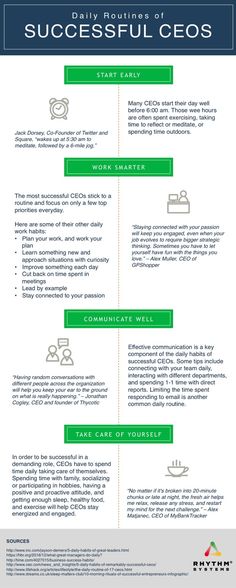 The weather. The sounds. Your breath. Try your best to explain how you are feeling. Ask for help if you have tried and cannot calm down or if the other person is not calming down.
The weather. The sounds. Your breath. Try your best to explain how you are feeling. Ask for help if you have tried and cannot calm down or if the other person is not calming down.
Aizat Noma
TIP 4: CONNECT WITH PEOPLE WHO SUPPORT YOU
Think about 5 people in your life. How do they make you feel about yourself? How do you feel about them? Choose who you give your time to and friends Thank you! Thank you!
that support you, encourage you and value you. In return, you can support them, too. Think about some supportive actions that you can take such as helping with chores around the house or taking time to pause and listen when a friend is in need. How can you still “connect” when social activity is limited or impossible? Are there ways to connect with them even if you can’t see them in the way you would like?
TIP 5: GRATITUDE HELPS YOUR RELATIONSHIPS GROW
Say “thank you” in some way to 2 people that bring light and strength into your life.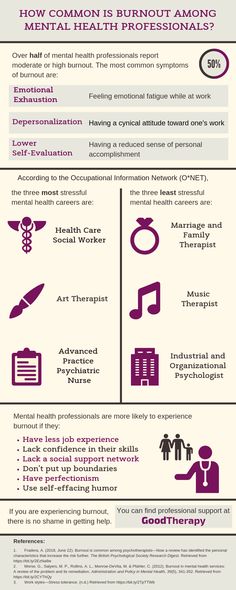 It could be in person or through a call, SMS, letter, or some other way. If you cannot reach them, you can connect with them in your thoughts by thinking about the good memories you have shared together and giving thanks for what they have added to your life.
It could be in person or through a call, SMS, letter, or some other way. If you cannot reach them, you can connect with them in your thoughts by thinking about the good memories you have shared together and giving thanks for what they have added to your life.
Tackling your problems
Aizat Noma
TIP 1: CALM YOUR MIND
You may be feeling helpless, angry, worried, and sad, which is completely normal. Actively calming your mind when experiencing these emotions can help. You can place one hand on your chest and the other on your forehead. Take a few deep and slow breaths in and out. Focus on the breath. If all these emotions and feelings still come to your mind, picture them like a cloud passing in front of you, eventually floating beyond the horizon, out of view. Feeling calmer can help you tackle your problems more effectively.
TIP 2: AVOID BLAME
When something bad happens, our first thought might be to focus on blame: I ruined everything. She made me do it. He started it. I can’t help it. You never listen to me. They don’t understand me. But focusing on whose fault it is will not help you overcome the problem, and can often feel worse. Instead, try to focus on what you can control and act on to make it better. Think about what needs to change, what you can do, or what help you need. You are much stronger and more resilient than you think.
She made me do it. He started it. I can’t help it. You never listen to me. They don’t understand me. But focusing on whose fault it is will not help you overcome the problem, and can often feel worse. Instead, try to focus on what you can control and act on to make it better. Think about what needs to change, what you can do, or what help you need. You are much stronger and more resilient than you think.
TIP 3: THINK THE PROBLEM THROUGH
Asking questions can help you understand the problem better. Why is this a problem? Why did this happen? Why is this so important to you? Who does this affect? What do you think might happen? What is making you feel upset?
Aizat Noma
TIP 4: MAKE A LIST OF SOLUTIONS AND TRY THEM OUT
Think about the problem you are facing. Next, try to brainstorm as many ways of overcoming the problem as you can, using a pen and paper if writing things down helps you. They can be any range of ideas, from far-fetched to practical. Then think about the positive and negative consequences for each solution and which ones would be easier to try. Try the best solution. Think about what went well and what did not go well. Sometimes you will need to try more than one solution. Part of problem-solving is learning how to adapt your solution and try again.
Then think about the positive and negative consequences for each solution and which ones would be easier to try. Try the best solution. Think about what went well and what did not go well. Sometimes you will need to try more than one solution. Part of problem-solving is learning how to adapt your solution and try again.
TIP 5: KNOW WHEN TO GET HELP
If you feel stuck or overwhelmed, know that it is a sign of strength to ask for help from someone you trust or a professional helper. Some warning signs that show you may need to get help include:
- You can’t sleep at night or you fall asleep but have a hard time staying asleep.
- You are feeling a decrease in your level of energy and/or motivation.
- Your eating patterns have changed: either you have lost your appetite or you can’t stop yourself from eating too much.
- You feel nervous, stressed, or worried all the time.
- You are using alcohol or drugs to cope.
- You often suddenly feel panicked.
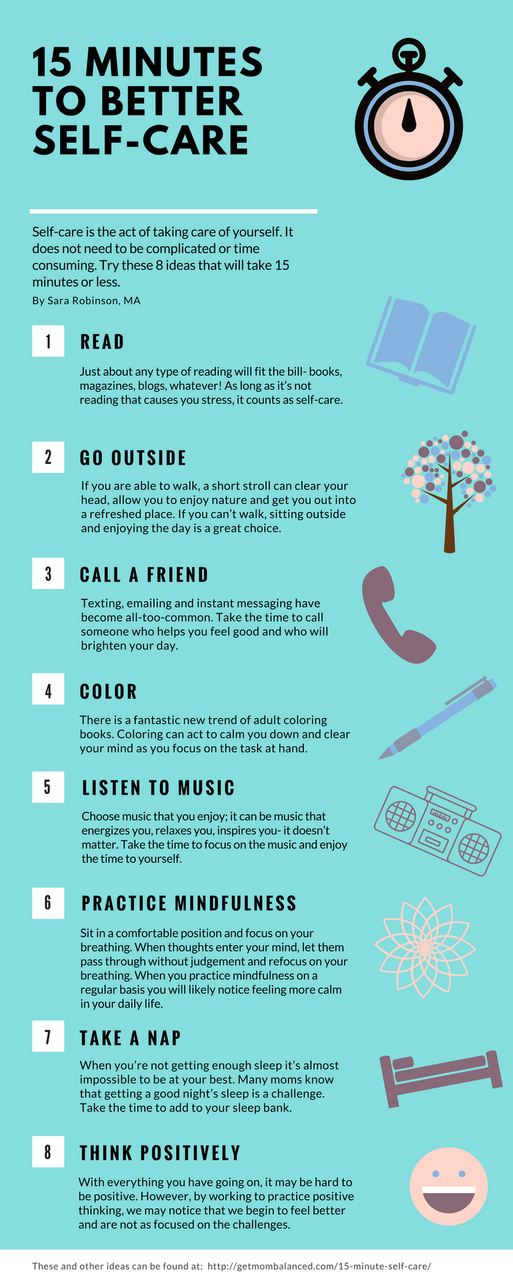 It may feel like you can't breathe, or that your heart is pounding. No matter how much you try to calm down you are not able to relax.
It may feel like you can't breathe, or that your heart is pounding. No matter how much you try to calm down you are not able to relax. - You feel that life is no longer worth living and you have thoughts about hurting yourself or ending your life, or you feel like you would like to just go to sleep and not wake up.
- You are experiencing violence or abuse.
If you start to feel this way it is important to get extra support from people working in local [health, social, community] services, even if it is difficult to talk about or share. If you do not want to share everything about how you are feeling or what you are experiencing that is okay- as long as this person knows that you are trying to access support for your wellbeing - and can help you to access this support. This might mean that you start by sharing a little bit of information, enough for that person to understand what your needs are. It is especially important if you are thinking that life is not worth living or if you have experienced physical harm to get support as soon as possible to keep yourself safe.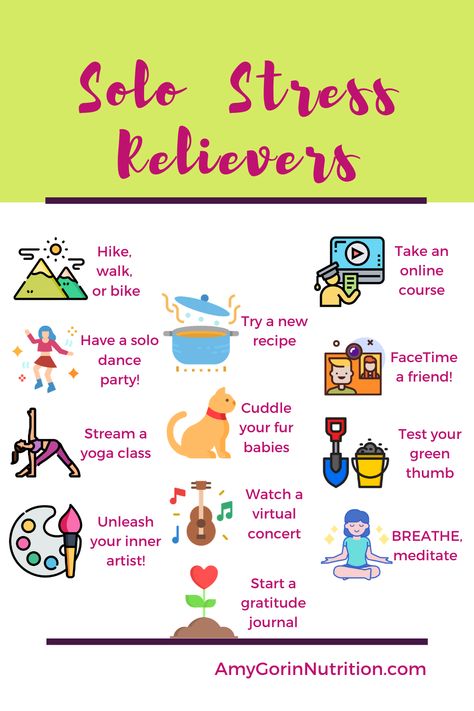
Talking to your teen
Aizat Noma
TIP 1: ENCOURAGE YOUR TEEN TO SHARE THEIR FEELINGS
- Find ways to check in with your teen. Ask them how their day has been and what they have been doing. It could be by inviting them to join you in a task, such as cooking dinner, so you can use the time to chat about their day.
- Remind your teen that you are there for them, no matter what, and that you want to hear how they are feeling and what they are thinking.
- It is important to acknowledge and understand emotions they might be experiencing, even if it feels uncomfortable. For example, you can respond “I understand” or “it sounds like a difficult situation” or “that makes sense” when they share with you.
- It can be easy to notice the things your teen is doing that you do not like. Try to notice and praise them for something they are doing well (even something very simple!)
Aizat Noma
TIP 2: TAKE TIME TO SUPPORT YOUR TEEN
- Work together on setting up new routines and setting achievable, daily goals as your circumstances may change with the changing context.
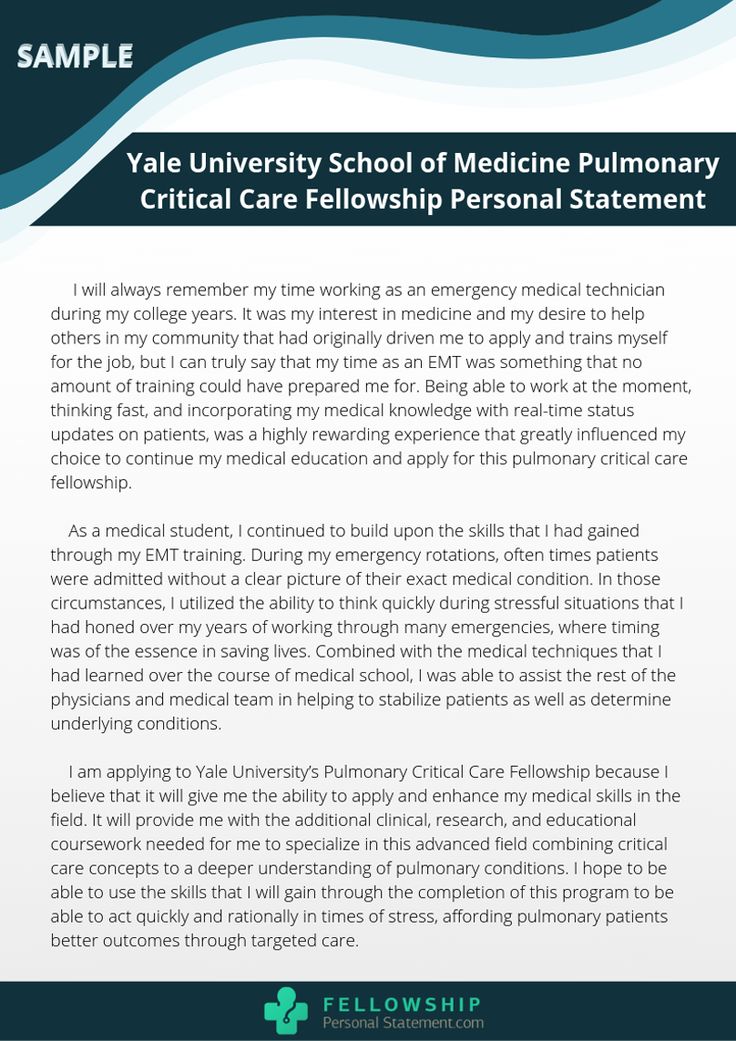
- Adolescence means independence! Try to give your teen the appropriate time and space to be on their own. Needing space is a normal part of growing up.
- Find a few ways you can support and encourage your teen to take breaks (with schoolwork, housework, or other activities they may be working on) to do things they enjoy. When your teen is frustrated, work with them to brainstorm some solutions to problems. Try not to take over and tell them what to do.
Aizat Noma
TIP 3: WORK THROUGH CONFLICT BETWEEN YOU AND YOUR TEEN
- Listen to your teens’ views and try to sort out conflict between you and your teen calmly. Remember: everyone is stressed!
- Never discuss an issue while you are angry. Walk away, take a breath and calm down - you can talk with your teen about it later.
- Avoid power struggles. With the world feeling unpredictable right now, teens might be struggling to control *anything*, and their options are limited.
 As difficult as it can be in the moment, empathize with your teen’s desire to assert control in a scary time, rather than attempting to fight back or overpower it.
As difficult as it can be in the moment, empathize with your teen’s desire to assert control in a scary time, rather than attempting to fight back or overpower it. - Be honest and transparent with your teen: you can let them know that you are also experiencing extra stress and how you feel. Modeling how you deal with difficult feelings can help them know their own feelings are okay.
- When there is a conflict, take some time to reflect on how you and your teen can resolve the conflict. You can discuss these reflections with your teen, so they see how you are processing ideas!
TIP 4: TAKE TIME TO CARE FOR YOURSELF
Caregivers have a lot to deal with. You also need care and support for yourself. Showing self-care is also a good way of modeling self-care to your teen.
- Don’t wait to ask others for help if you are feeling overwhelmed. It is normal and okay to feel this way. Find a family member or someone you can talk with.
- Make time for your own relationships. Set aside some time each day to check in with others who make you feel supported and understood. Try to find a few people that you can share feelings and experiences with.
- Make time in your day to do things that help you cope and manage stress. Whether your day is busy or slow, we know that making time to look after yourself is essential for your wellbeing.
- Try different positive coping strategies to find what works for you. Ideas include: Exercising *Talking with friends *Making to-do lists or planning ahead *Maintaining routines and structures *Reflecting on what you are grateful for or proud of *Doing things, you enjoy, like music, art, dancing *Keeping a journal
8 Self-Care Tips To Manage Stress
Self-care habits — from basic hygiene to spending time in nature — can help you reduce stress.
When you experience stress, it’s tempting to shut down or put yourself last. It seems easier to focus on others rather than prioritize your needs, even when you need care and self-love.
Taking the time to nurture yourself can make all the difference when it comes to stress. Self-care is a habit that will serve you when your stress levels are high. It’ll also make you more resilient when stress hits in the future.
These self-care strategies and ideas for times of stress will help you overcome the temptation to keep grinding away when you feel depleted or burned out.
Self-care is taking care of your mental and physical health to feel your best. It’s not selfish or a once-in-a-while splurge. It’s consistent activities that help prevent stress, burnout, and anxiety.
Self-care involves everything regarding health, including physical activity, creative pursuits, and human connection. It also includes seeking medical attention when necessary. Taking steps to manage stress is a form of self-care.
Self-care can help you handle the following situations:
- work
- the pace of your life
- technology
- lack of time
- feeling lonely
- inability to unwind or slow down
Types of self-care
You might envision bubble baths and beauty masks when thinking of self-care ideas for stress. There’s much more to it than that, though.
You can incorporate self-care into your life in many ways. Types of self-care include:
- emotional: acknowledging and processing emotions
- practical: finding ways to decrease stressors in your life
- physical: maintaining or improving physical health
- mental: engaging your mind with something positive, such as creative expression
- social: fostering and enjoying healthy relationships
- spiritual: connecting with your inner being
The best self-care ideas for stress allow you to take a break from your daily responsibilities. Self-care allows you to rest your body and recuperate your soul. You can turn to your favorite activities or immerse yourself in something new.
1. Tap into your changing needs and desires
Self-care is personal. Some people love doing yoga or spending an hour on a crossword puzzle. Some people don’t.
Also, remember that super stressful periods of life typically involve shifts in your needs, wants, and expectations you set for yourself or your family. It’s typical for these to keep evolving.
Consider checking in with yourself periodically to find out what self-care activities would most nurture you. A few specific questions to think about include:
- What do you feel deprived of?
- What do you need less of?
- What do you want to do right at this moment?
2. Carve out weekly time for your favorite hobbies
You can become so immersed in hobbies you experience a flow state, where you’re in the zone and aren’t thinking about your stressors.
Think about the hobbies you don’t feel like you have enough time for or loved as a child. Schedule a nonnegotiable time to do them once a week. Better yet, if they’re group activities, reach out to friends or join a league so that you’re more accountable to your self-care calendar.
3. Be mindful of social media usage
According to a 2018 study, frequent social media use increases:
- loneliness
- depression
- anxiety
- poor sleep quality
If you notice that you experience these issues, consider scrolling less on your phone. You can deactivate your social media for a few days or unfollow accounts that cause negativity.
4. Take care of your basic needs
Self-care involves taking care of your basic physical and emotional needs. If you aren’t fulfilling these needs, the stress in your life can become overwhelming. Make sure to:
- eat a nutritious and balanced diet
- move your body
- drink plenty of water
- get enough rest
- shower and put on fresh clothes
- skin care, like putting on sunscreen
- dental hygiene
5.
Talking on the phone or sending text messages with your loved ones is nice, but it’s sometimes not enough. Spending time in person with your friends and family can decrease stress and help you feel better.
Even scheduling a Zoom call or online game session together will deepen the connection.
6. Face down your ongoing stressor
You know what causes you daily stress — maybe to the point that you avoid it, or it’s been on your “to-do” list for months. For example, financial issues can cause lots of stress, and getting them under control and planning for the future is an act of self-care.
You’re set on finances, but a messy house or scheduling long overdue doctor’s appointments is setting off your stress? Consider planning to tackle whatever it is and getting it done — whether cleaning one room a day or organizing your junk drawer.
7. Soak up nature
Research shows that spending just 20 minutes in nature can reduce stress and promote healing. It helps you disconnect from the stressful aspects of your day and embrace the beauty all around you.
Spending time in nature helps you experience the sense of something greater than yourself. With this realization, you can focus on the important things in your life. You may want to go on a hike, sit on a bench in a park, or simply sip your coffee on your balcony.
8. Ask for help
This strategy involves taking overwhelming or depleting activities off your plate. A few practical strategies for lightening your load include:
- delegate to others — at work and at home
- prioritize tasks
- decide what doesn’t need to be done and take them off your list
- tap into family, friends, or colleagues for help
- hire someone, like a dog walker or house cleaner, to free up self-care time
If you still find yourself unable to manage this stressful time in your life, consider reaching out to a therapist for support and tools.
Self-care is personal, and what you do for yourself might be different than what others do. Remember to focus on doing the things that make you feel fulfilled. Self-care involves anything that brings peace and understanding to your life.
Try to start small by implementing one idea at a time, then adding more as you see fit. The self-care activities that most speak to you might change over time, so keep checking in with yourself.
Even if you feel rejuvenated, consider keeping self-care time on your calendar. You’ll be less likely to feel overwhelmed by stress when it hits in the future.
90,000 17 ways to protect yourself from stress Ministry of Health of the Astrakhan Region
GBUZ Center for Medical Prevention JSC
Memo
17 ways to protect yourself from stress
Prevention of stress is an important condition for saving
emotional health. And it is important to follow the general principles
to increase the level of resistance to stressful situations.
This will prolong your life and increase its level several times.
Here are ways to control unpleasant experiences:
1. Take everything easy
You should not take everything to heart and worry about every trifle. Learn to calmly perceive any events in your life. Imagine that you are a sieve, or a cloud, and all stresses pass through you without leaving a trace.
2. Learn to think positively
If you are under stress, positive thinking will help you. Its essence is that you need to concentrate on positive thoughts and memories.
3. Use switching methods
Do you have unpleasant thoughts? Don't give them power. Switch. Shift your focus to the outside world. See what makes you happy. Concentrate on what you see and hear in the moment.
4. Release negative emotions
Suppressed emotions increase stress and can lead to depression. So let's get them out. Naturally, this must be done in a positive way. So as not to harm others. For example, beat pillows or engage in forgiveness.
5. Laugh more
Laughter is the best stress prevention. Don't neglect her. Watch comedies, use laughter therapy, smile at passers-by.
6. Get some exercise
Sports help you cope with stress. Therefore, if you want to maintain emotional health, sign up for your favorite sports section and enjoy regular workouts.
7. Be grateful for what you have
Gratitude is a very good way to prevent stress. Instead of constant dissatisfaction, you will begin to enjoy what you have.
8. Relax
This method is very useful. All doctors and psychologists recommend daily autogenic training for 10-30 minutes to prevent stress.
9. Take a trip
A friend of mine experienced chronic stress related to her health concerns and being fired from her job. Her lover gave her a ticket to Mexico. After her return, she is unrecognizable. She left all the stresses in another country. Give it a try if you love to travel.
By the way, it is not necessary to go to another country, you can do tourism even in your hometown.
10.Take baths
Great for relaxation. Especially with essential oils.
11. Be outdoors
Outdoors is recommended to everyone without exception. Therefore, make it a habit for yourself to walk the streets of your native city every day for an hour. It is even better to take walks in the forest or park.
12. Use auto-suggestion
Choose the right affirmation for you and say it out loud or to yourself as often as possible, tuning in to the right wave. For example, if you are worried at work, you can say the following formula: "Inside and around me, peace and harmony."
13. Find yourself a hobby
A favorite hobby is a wonderful stress prevention. So ask yourself: What do I like to do? Perhaps write poetry, cook culinary masterpieces or study psychology. Got the answer. Fine. And now, without delay, proceed to an interesting lesson.
14. Make a list of things that make you happy
Take a few minutes to write down your favorite pastimes that make you happy. These classes are your salvation from stress.
14. Dream and fantasize
There is a technique in positive psychology called Visualization. Its essence is that you dream about what you want, do it with pleasure and in the present tense. And then you get what you drew in your imagination.
16. Keep a diary
A diary helps you understand yourself, analyze your life and find a way out of difficult situations. And also keeping records has the function of a psychotherapist, you write about what worries you, and you feel better.
17. Contact a psychologist
If your nerve strength is running out and nothing pleases you, contact a psychologist. Now there are enough professionals in this field who can help you cope with stress. 92016
ways to deal with and overcome stressful situations.
Constant stress, evening calls at work, lessons with the child and everyday problems are a fairly common situation in the life of the majority. We quickly burn out emotionally, experience sleep problems, and feel empty. It is important to learn how to maintain inner balance and be able to calm down on your own in a stressful situation. Let's talk about this together with Rexona experts.
What is stress and how does it happen
Stress is a completely adequate reaction of the human body to an ongoing situation. It helps us to activate internal forces and find a solution to the problem faster. Internal tension is sometimes even useful, because it does not allow us to relax too much and go with the flow. But it's one thing to be a little nervous about a new project at work or an exam, and another thing to be constantly in this state.
There are two sources of stress:
- Internal - perfectionism, dissatisfaction with oneself, changing life orientations and other processes that take place inside us;
- External - appears due to the problems that we had to face: dismissal from our favorite job, death of a relative, sale of an apartment, debts, problems in the family, excessive household stress and other annoying factors.
The reaction to a certain situation depends on the person. Some people coolly experience difficulties and easily set themselves up for positive. Others are ready to get nervous and wind themselves up for any reason: the neighbors' TV is turned on loudly, a quarrel with a loved one, a sharp cold snap, or simply lack of sleep for a week.
Stress is also divided into acute and chronic. The first appears in response to a sudden problem. It is usually short term. They were nervous because of work, and in the evening they came home and quickly calmed down in their familiar surroundings.
Chronic stress appears when an irritating factor is constantly present in life: regular rush work at work, an abusive husband, the need to care for a seriously ill relative, bullying in a team, etc.
Symptoms:
Almost everyone has experienced stressful situations in life. Symptoms depend on internal attitudes and character. But for many people they are of the same type:
- hands begin to tremble;
- tears may appear in the eyes;
- panic and a feeling of horror appear;
- heartbeat quickens, trickles of sweat flow.
A person can quickly pull himself together. But in the first second, you feel like "the ground is slipping away from under your feet." A constant stay in stress is manifested by problems with sleep and memory, a feeling of weakness, and excessive excitability. It becomes difficult to concentrate on the usual things, sometimes there are sudden outbursts of aggression.
If you fail to quickly get out of stress, health problems may begin:
- diseases of the heart and blood vessels up to a heart attack;
- pathologies of the gastrointestinal tract - most often problems with the stomach. Gastroenterologists in such cases often strongly advise treatment in conjunction with a psychotherapist;
- regular colds due to reduced immunity.
Prolonged unceasing anxiety can lead to depression, which will have to be treated with medication.
How to deal with stress
Do breathing exercises. Try to relax as much as possible, then inhale and exhale very slowly. At the same time, try to switch your attention and stop thinking about the problem. Breathe deeply until you can at least calm down a little.
Another way is massage. Slowly massage your face and neck without putting too much pressure on the skin. Start from the forehead and gradually move down. Don't forget to breathe slowly while doing this. After some time (3-4 minutes), you will calm down a bit and find the strength to cope with the situation.
These tips will help you quickly recover and mentally prepare for an important exam, a difficult conversation with your boss, or a speech in front of a large audience. To overcome stressful situations as quickly as possible, you need to be able to properly set yourself up:
- Try to think positively. This does not mean that you need to stop noticing problems and not thinking about their solution. But it is important to learn to find positive moments in any situation and look at things positively. Make it a rule to find pleasant moments even in the worst day. Let it be a trifle in the form of delicious coffee or a smile of a loved one. But this way you can set yourself up for positive.
- Review your attitude to life. An unpleasant situation has occurred and, of course, it’s hard for you now.
But it is important to gather yourself inwardly and convince yourself that "this too shall pass!". Over time, it often turns out that much was for the better.
- Think about something else. Troubles often occupy all our thoughts, and this is quite normal. But don't get hung up and try to force yourself to switch. There is a good psychological trick: choose any pleasant memory and think about it as soon as thoughts of problems appear. This can be a first date with a loved one, a vacation, a visit to a beautiful place, etc.
- Do not reduce activity. Due to stress, we often feel overwhelmed. I want to lie down on the bed and sleep or watch series endlessly. Allow yourself to be a little moody, but do not sink into this state. Go for a walk or go shopping, take your hands and mind with household chores.
Sport helps to cope with stress faster. But don't torture yourself. There is no need to traditionally run in the park or exhaust yourself on the track if you do not like such activity. Pedal your bike, do abs, or take a Pilates class. Any sport will help you get distracted and switch.
For maximum comfort, use Rexona Absolute Confidence Antiperspirant. Apply it on clean and dry underarm skin after a shower and calmly go to the gym to de-stress. Motionsense technology not only protects against sweat and odor, but also gives a feeling of freshness even during active activities. The microcapsules applied to the skin of the armpits will open with every movement, giving a pleasant aroma of grapefruit and apple.
Rexona deodorant will not let you down in any stressful situation and will provide reliable protection for 48 hours.
Prevent the problem
I wish I never had stress. But this, of course, is impossible. However, it is in our power to minimize the factors that negatively affect the emotional state. Here are some tips:
- Eat a balanced diet and drink alcohol as little as possible;
- stick to the daily routine - go to bed at the same time, get enough sleep;
- devote time to hobbies and do pleasant things more often;
- communicate more with positive people;
- meditate.




